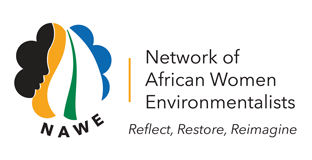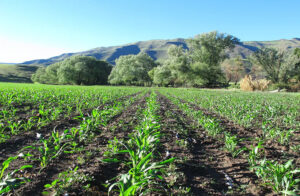Africa: the most ‘ready-for-circularity’ continent?
The continent’s chances of moving towards circular business models are easier than in other continents where most infrastructures were built without their next life cycles in mind. Africa is potentially one of the most ‘ready-for-circularity’ continents because its ecological footprint is still very low. Join REVOLVE Circular and circular experience on 14 January to learn more about the opportunities and challenges of circularity in Africa.
Circular economy approaches can ensure affordable and eco-friendly infrastructure development, provide jobs for millions of Africans working in the informal economy, and help preserve the productive capacity of critical natural capital. But what exactly is this new concept, and how can it inspire investments, policy-making and socio-ecological as well as economic development challenges in Africa? Join four high-level panelists for answers and insights in a free live-stream (https://bit.ly/2XCtjgo) on 14 January at 2 pm (WAT).
“Our reporting (https://bit.ly/3sky24u) and the live-stream aim to address a perception challenge: too many people, in Africa and elsewhere, equate the circular economy to recycling and waste management,” explains Sören Bauer, President of REVOLVE Circular (www.Revolve.media/Circular). “The concept is much bigger than that. For example, one of the so-called ‘action imperatives’ of the circular economy is ‘Refuse’ – with implications for different stakeholders: product designers refuse certain materials in the first place, to avoid waste; producers refuse the use of specific hazardous or toxic materials or any virgin material; consumers refuse certain products, choose to buy less, use less, or to reject packaging waste and shopping bags. Once all the action imperatives of the circular economy are better understood, people start realizing just how innovative and potentially disruptive the concept, and a ‘circular lifestyle’, is.” Read more here …








